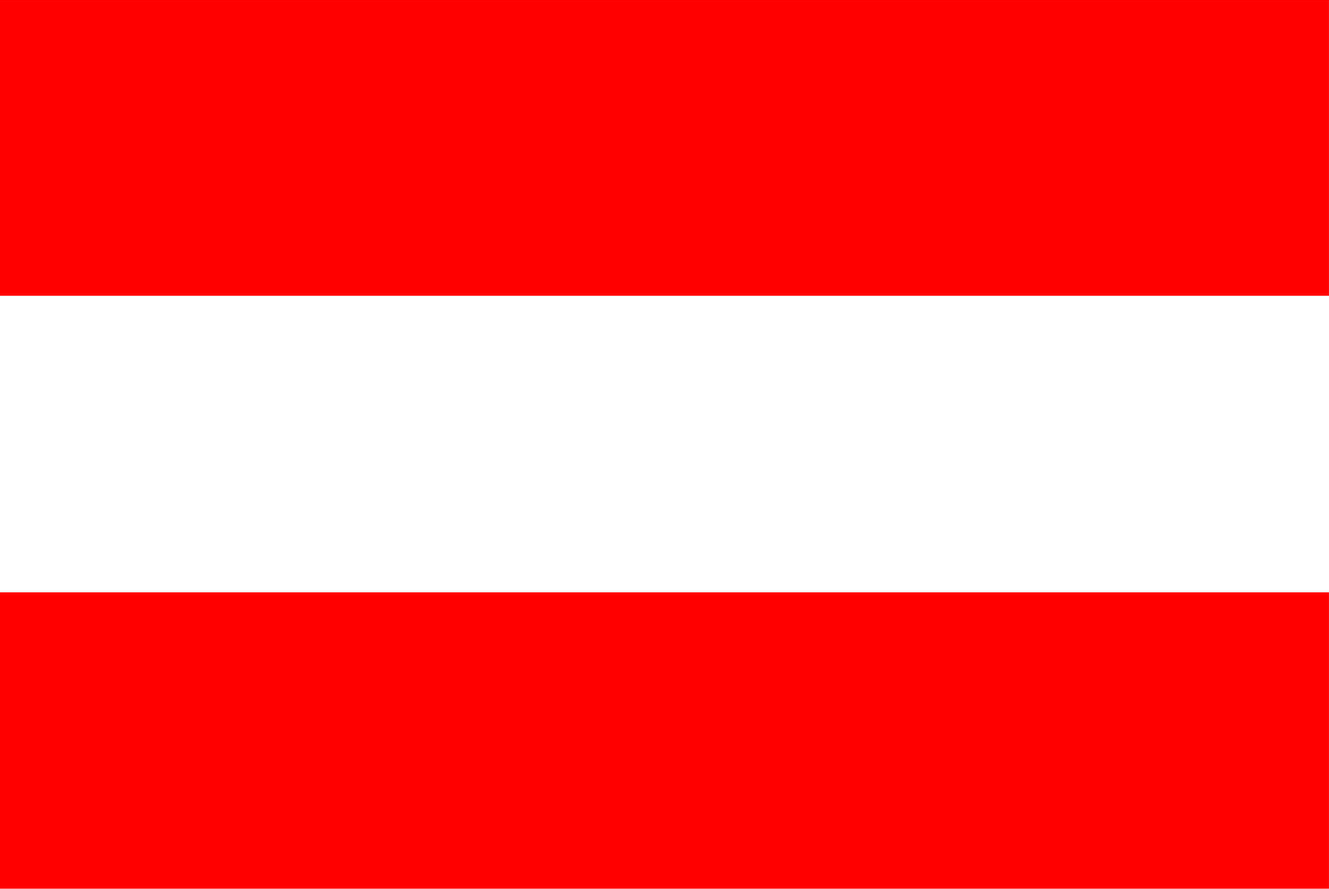
In order to determine which Austrian banking service to entrust assets to, it is necessary to study the advantages of local and foreign banks.
Banking Selection Criteria
Before opening an account with an Austrian bank, it is important to find out the cost of key financial transactions. You should ask the bank clerk for the following information:
- Cost of account management. Banks charge a fee for the receipt and transfer of customer funds. As a rule, the percentage is much lower if you open an account in an online bank, and not in a traditional branch.
- Overdraft interest. In fact, this is a loan that the bank gives out when the money runs out on the account. Sometimes overdraft can exceed 10%.
- Deposit rates. The interest that the bank accrues on the deposit in the account.
- Debit Card Costs. Most banks in Austria have a debit card free of charge. But it is better to clarify the probability of possible fees.
- Credit Card Cost. A credit card is often included in the price of the service. However, some banks charge a fee for the second card and are fined for losing the first.
- Benefits and loyalty programs. A good bank attracts new customers with bonuses and discounts on services.
- Free services. Often banks do not charge a fee for small services like account statements or processing electronic applications.
- The average balance. A number of Austrian banks require a certain balance to remain on the account every month.
Also, when choosing a service for account opening in Austria, be guided by the geographical location – how close the branches of the credit organization are near the place of work or residence. If all work with the bank will be carried out remotely, find out how the provider has developed mobile and Internet banking, whether it is paid, and whether it is convenient to work in it.
Austrian banks
The range of banking providers in Austria is huge. Now there are more than 50 organizations operating in the republic, of which about 15 have assets of over 20 billion Euros.
The first thing you should pay attention to when choosing a bank in Austria is the years of foundation, and current assets – this indicates the successful development of financial enterprises. Some modern organizations began to work in the early 19th century. For example, the Salzburg-based Carl Spängler Bank, which assets now amount to about 9.5 billion Euros, was founded in 1828. It is Austria’s oldest private bank, which is owned by several private foundations, including the founding family. Later, in 1832, the Schelhammer & Schattera bank was opened in Vienna – now it manages assets worth 2.2 billion Euros.
Another reputable bank with a long history is Vienna Kathrein Privatbank, which is owned by Raiffeisenbank International. In 2019, this organization owns assets with a volume of more than 20 billion Euros, which is about two times more than the large and young Austrian banks Erste Bank and UniCredit Bank Austria.
Among the banks that have been opened over the past 50 years, it is worth mentioning Wiener Privatbank, Volksbank Wien and Semper Constantia Privatbank, each of which manages assets worth about 15 billion Euros.
Top 10 reliable Austrian banks according to the ratings of trust and popularity in 2020:
- Bank Austria Creditanstalt;
- Erste Bank der Osterreichischen Sparkassen AG .;
- Österreichische Volksbanken A. G .;
- Bawag P. S. K .;
- Hypo Alpe-Adria-Bank International A. G .;
- Kommunalkredit Austria AG;
- Oberbank
- Hypo Tirol Bank AG;
- Steiermärkische Bank und Sparkassen AG;
- Schöllerbank.
Foreign banks in Austria
Numerous international companies cannot resist the temptation to work in the prosperous Austrian financial services market. Those who have stood in fierce competition over the past 10 years now demonstrate successful development results on the territory of the federal lands.
These include, in particular, Deutsche Bank, which has been present on the market since 1989 and manages assets of 3.2 billion Euros. Over the past 5 years, Raiffeisenlandesbank Oberösterreich, LGT Bank, Credit Suisse, Zürcher Kantonalbank Österreich and LLB (Liechtensteinische Landesbank) have earned special popularity among major foreign players. These organizations manage assets from 3 to 10 billion Euros.
Advantages of various Austrian banks
Each Austrian bank offers special services, which it stands out from its competitors. For example, Gutmann and Capital Bank emphasize expertise in private equity. And Schoellerbank focuses on creating hedge funds and supporting high-yield bonds. Banks BKS, Semper Constantia Privatbank, Wiener Privatbank and Raiffeisenlandesbank Oberösterreich will offer customers advantageous operations on real estate deposits.
Customers who are interested in social issues and environmental protection should contact Bankhaus Schelhammer & Schattera, Volkskreditbank, or Capital Bank. Here, customers can receive on their accounts profitable loans for charity from 50 000 Euros.
If you plan to invest in promising startups, open an account with Erste Bank, LGT, or UBS, which work under the Impact Investing program for supporting sustainable business models.
If you want to take a pawnshop loan secured by property, pay attention to Zürcher Kantonalbank Österreich, Bank Gutmann, Bankhaus Carl Spängler, Bankhaus Krentschker, Capital Bank, Volksbank Wien and UBS. The listed banks, as a rule, work on short-term loans with a pledge in the form of securities.
Credit Suisse and Oberbank offer their own mobile applications for securities clients. Schoellerbank and Privat Bank invest substantial funds in training employees who develop functional financial strategies for their customers.
When opening an account in Austria, you will be assigned a personal manager who will always help with financial decisions. He will be aware of all the processes that occur with your account. This service helps to quickly resolve any issues, even without your presence in the bank, for example by phone or email. Importantly, do not forget to discuss with the manager the size of the commission for servicing the account. Most often, the consultant takes 4-5 Euros per day.

